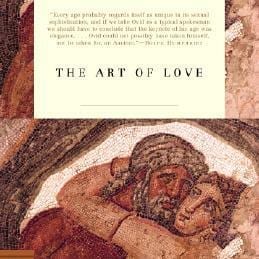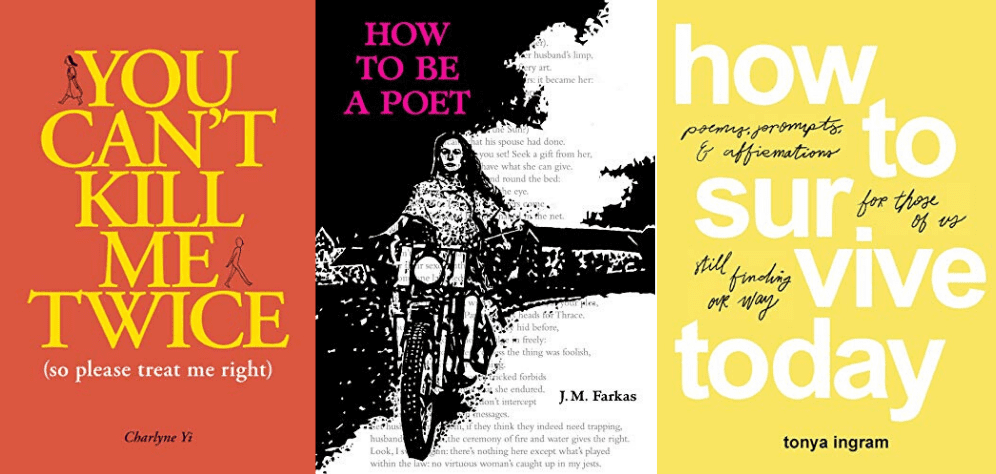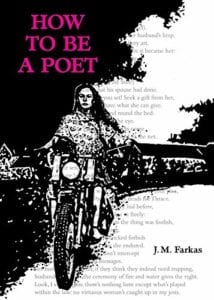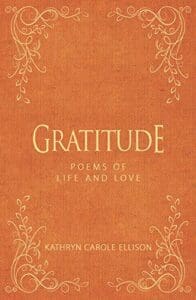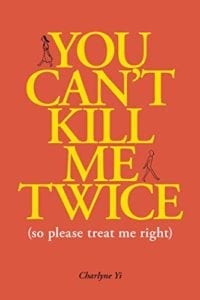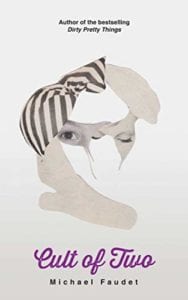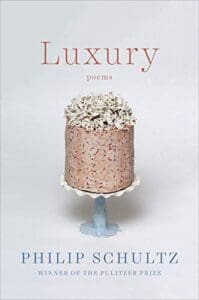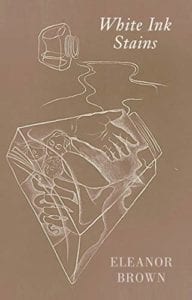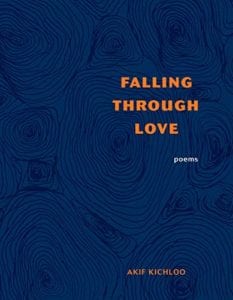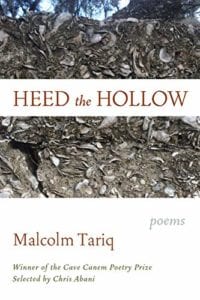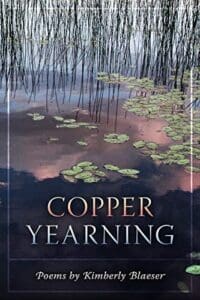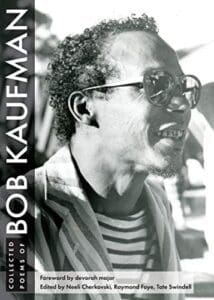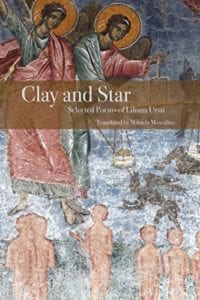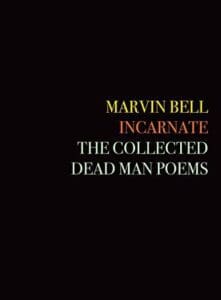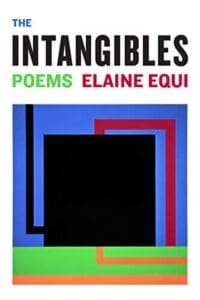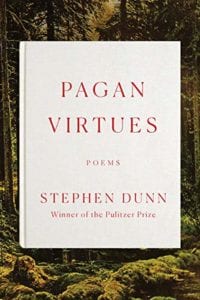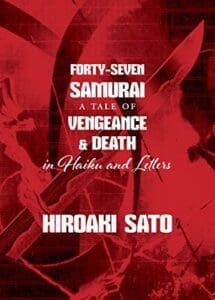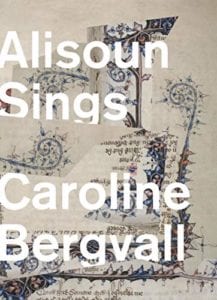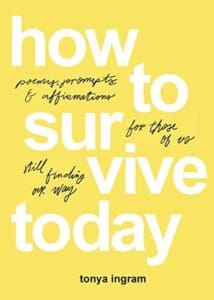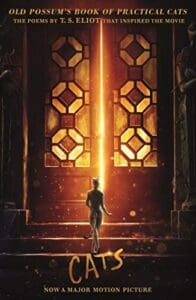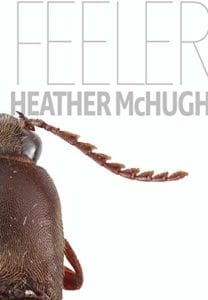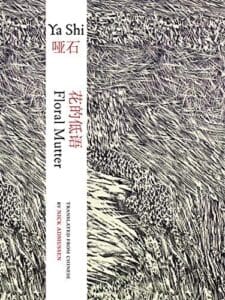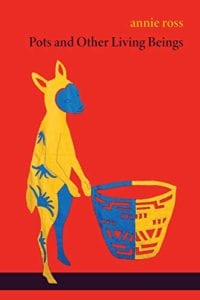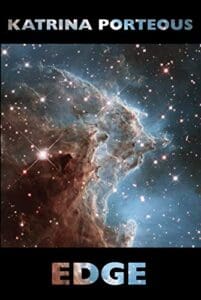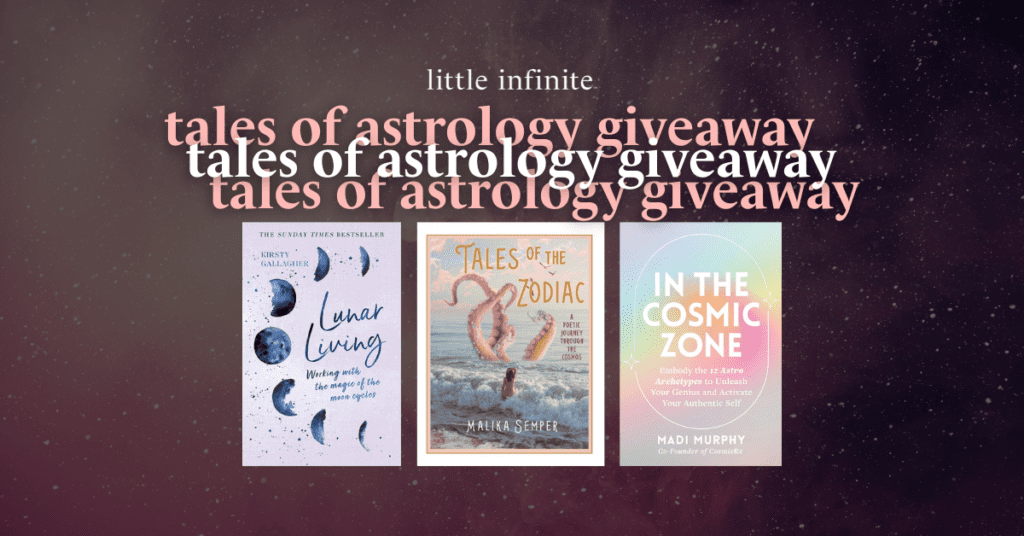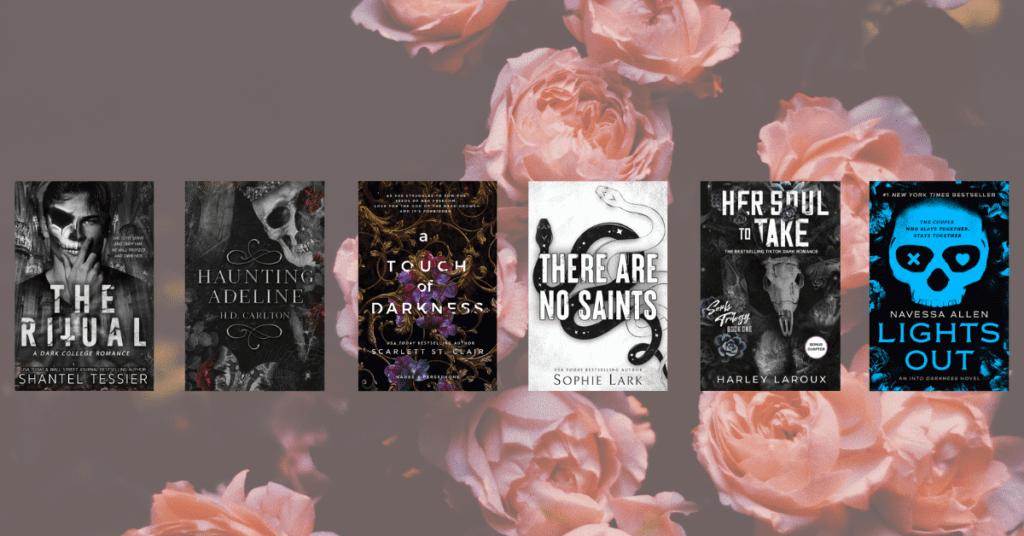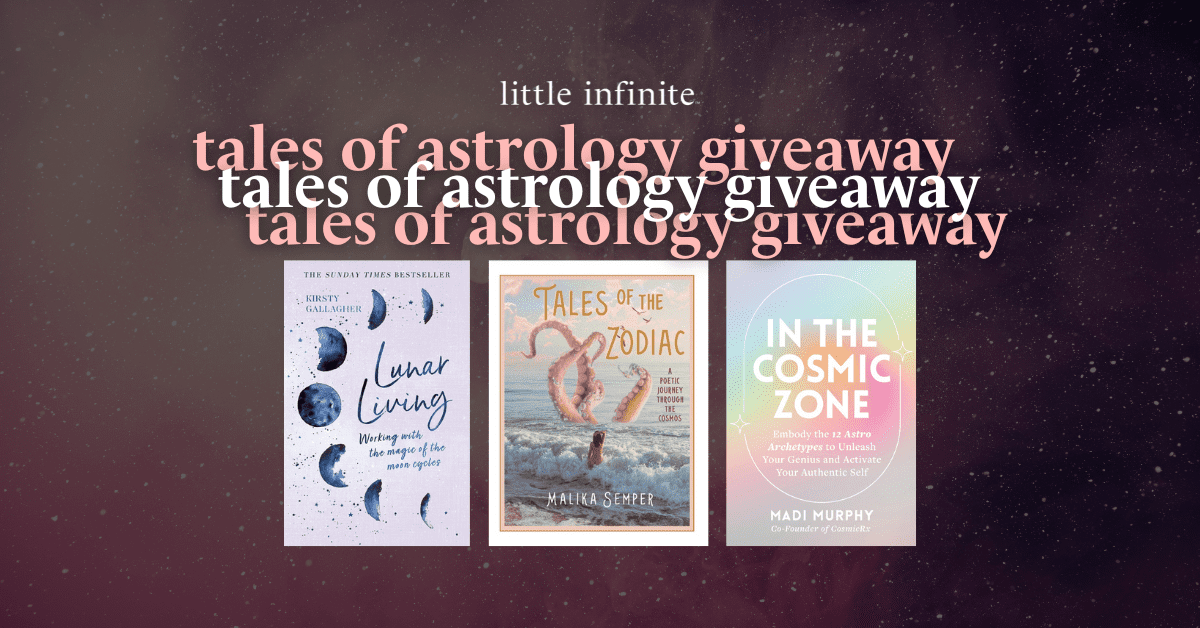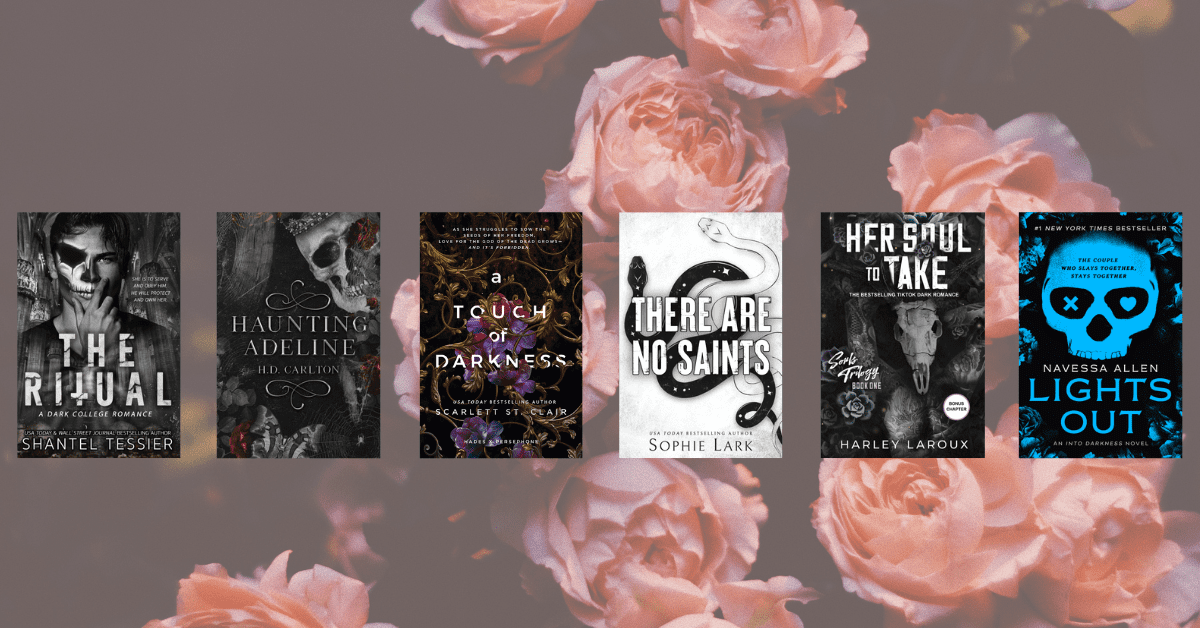If you need us this month, we’ll be curled up with these poetry collections stacked high on the table next to our favorite cozy reading chair.
Editors’ Picks
These titles caught the attention of our editors, and get our special stamp of approval for their use of language, creativity, inspiration, and themes.
How to Be a Poet by JM Farkas (November 5)
Description: The Roman poet Ovid’s The Art of Love instructed women on the “art” of seduction and men in the “art” of romantic conquest. It is a classic, sexist text on men, women, love, and sex.
In her second book of erasures, JM Farkas takes on Ovid’s Ars Amatoria, or “The Art of Love.” With her signature feminist, revisionist twist, Farkas speaks to emerging girl poets. How to Be a Poet is not only for writers, but for anyone who wants to create her own story. In addition to the erasure, How to Be a Poet includes a second version of the poem in a style that leaves the original text visible for readers who want to read the scandalous source material.
Gratitude by Kathryn Carole Ellison (November 12)
Description: Carole Ellison began writing poems to her children in the 1970s, when they were reaching the age of reason and as she found herself in the position of becoming a single parent. She felt she needed something special to share with them something that would become a tradition, something they could always count on. Forty years later… her children still look forward to the annual poems that started a family tradition that new generations have embraced.
You Can’t Kill Me Twice by Charlyne Yi (November 19)
Description: A deeply personal collection of poetry and art by the award-winning actor, comedian, and composer, Charlyne Yi.
With a poetic voice that is by turns lyrical and plainspoken, Charlyne Yi writes about the uncertainty of relationships, the absurdity of societal expectations, family trauma, and identity. Deeply personal, these poems and accompanying line illustrations are playful and profound, sometimes darkly funny, and often acutely moving.
Cult of Two by Michael Faudet (November 19)
Description: Michael Faudet’s latest book delves deeper into the meaning of love, the intricacy of relationships, self-empowerment, seduction, and sex. Taking the reader on a whimsical and sometimes heartbreaking journey, where fantasy and reality collide. Cult of Two is much more than just a beautiful collection of poetry, prose, and short stories. It is a compelling invitation to confront and explore the conflicting emotions that live within all of us.
Cult of Two is the fifth book of internationally bestselling poet Michael Faudet, author of Winter of Summers, Smoke & Mirrors, Bitter Sweet Love, and Dirty Pretty Things—a finalist in the Goodreads Readers Choice awards. His intimate writing style and exquisite ability to paint pictures with words has captured the imagination and hearts of thousands of people from around the world.
Luxury by Philip Schultz (November 26)
Description: In this compassionate new collection, Philip Schultz’s wry and incisive poetic voice takes on both the eternal questions of meaning and happiness and essentially modern complexities―the collective power of women’s marches, the strangeness of googling oneself, the refugee crisis, the emotions associated with visiting the 9/11 memorial. At once philosophical and droll, Schultz explores life’s luxuries and challenges with masterly precision.
Luxury takes its name from the center poem, which has an ironic ring next to Schultz’s Pulitzer Prize–winning collection Failure. The poem is a beautiful exploration of the pull toward life as Schultz examines the question of suicide, intimately probing a familial pull toward that darkness and weaving in the philosophy of Albert Camus and the voices and legacies of Paul Celan and Ernest Hemingway. Using humor, irony, and celebration as ballast against the book’s darker forces, Luxury explores the comfort and sustenance of life, the bittersweet clarity of aging, and the anxiety of existence.
White Ink Stains by Eleanor Brown (November 26)
Description: Eleanor Brown’s first collection, Maiden Speech, published by Bloodaxe in 1996, included her much-anthologized “girlfriend’s revenge” poem ‘Bitcherel’ along with a widely praised sequence of fifty love and end-of-love sonnets written during her 20s. Her second collection, White Ink Stains, appearing three decades later, draws on the lives of women of all ages. Taking her title from the idea that when a woman writes about her experience as a woman, ‘she writes in white ink’ (Hélène Cixous), Eleanor Brown wanted to inscribe, among other things, the unseen labour of endowing infants with their mother tongue, their birthright of speech and language skills – the babbling, cooing, phonic repetition, echolalia, chanting of nonsense-words, singing of lullabies, nursery rhymes, counting rhymes, clapping songs, and telling of bedtime stories that is often the invisible and unrecorded work of women with pre-school-age children. A number of these poems were written in response to interviews made for the Reading Sheffield oral history project. Eleanor Brown spent over a year listening to recordings before starting to write these poems, some of which stay very faithful to the speaker’s own words, while others travel further into an imaginative or active, poetic listening; these are the poems she heard not in what was said, but in pauses, intonations, emphasis, whispers, asides, digressions and deflections.
Falling Through Love by Akif Kichloo (November 5)
Description: Falling Through Love is a heart-pounding, stomach-dropping, beautiful plunge into experiences of love, longing, and loss.
Falling Through Love submerges readers into Kichloo’s deeply personal yet widely resonant experiences, exploring relationships in their most exposed and honest states. Written in a variety of poetic forms—free verse, rhyme, prose, and visual poetry—Falling Through Love takes the reader on a poignant journey with the writer, about charting one’s own path in life, investigating failure, family dynamics, and love. Looking at life backward and forward simultaneously, this collection brings forth new perspectives on what it means to be alive, to have made mistakes, to have fought for an identity, to have loved and lost and then loved and lost again.
Heed the Hollow by Malcolm Tariq (November 5)
Description: The stirring debut from the winner of the Cave Canem Poetry Prize, selected and introduced by Chris Abani
Heed the Hollow introduces the work of Malcolm Tariq, whose poems explore the concept of “the bottom” across blackness, sexuality, and the American South. These lyrics of queer desire meet the voices of enslaved ancestors to reckon with a lineage of trauma that manifests as silence, pain, and haunting memories, but also as want and love. In bops, lyrics, and erasures, Heed the Hollow tells of a heritage anchored to the landscape of the coastal South, to seawalls shaped by forced labor, and to the people “marked into the bottom / of history where then now / we find no shadow of life.” From that shadow, the voices in these poems make their own brightness, reclaiming their histories from a language that evolved to exclude them.
Copper Yearning by Kimberly Blaeser (November 5)
Description: Copper Yearning invests itself in a compassionate dual vision―bearing witness to the lush beauty of our intricately woven environments and to the historical and contemporary perils that threaten them. Kimberly Blaeser’s fourth collection of poetry deftly reflects her Indigenous perspective and a global awareness. Through vividly rendered images, the poems dwell among watery geographies, alive to each natural nuance, alive also to the uncanny. Set in fishing boats, in dreams, in prisons, in memory, or in far flung countries like Bahrain, the pieces sing of mythic truths and of the poignant everyday injustices. But, whether resisting threats to effigy mounds or inhabiting the otherness of river otter, ultimately they voice a universal longing for a place of balance, a way of being in the world―for the ineffable.
Collected Poems of Bob Kaufman (November 12)
Description: Bob Kaufman (1925–1986) was one of the most important—and most original—poets of the twentieth century. He is among the inaugurators of what today is characterized as the Afro-Surreal, uniting the surrealist practice of automatic writing with the jazz concept of spontaneous composition. He seldom wrote his poems down and often discarded those he did, leaving them to be rescued by others. He was also a legendary figure of the Beat Generation, known as much for hopping on tables to declaim his poetry as for maintaining a monastic silence for months or even years at a time.
Kaufman produced just three broadsides and three books in his lifetime. In 1967, Golden Sardine was published by City Lights in its famed Pocket Poets Series, and became an instant cult classic. Collected Poems is a landmark poetic achievement, bringing together all of Kaufman’s known surviving poems, including an extensive section of previously uncollected work, in a long overdue return to City Lights Books.
Clay and Star by Liliana Ursu (November 12)
Description: In Clay and Star, Romanian poet Liliana Maria Ursu captures with breathtaking precision the convergence of the sacred with the mundane. Whether anchored in Sibiu, Visby, Skala, or San Francisco, her poems both honor and transcend place and time as they search obsessively for essence, truths, self-knowledge, and the divine within.
Incarnate: The Collected Dead Man Poems by Marvin Bell (November 12)
Description: The Dead Man, Marvin Bell’s brilliant poetic invention, is an overarching consciousness, alive and dead at once, defeating time. Mystical and anonymous, The Dead Man offers searing insight into the joys, as well as the catastrophes, of fluctuating cultural and political moments. Incarnate draws from all of Bell’s previous collections where The Dead Man appeared, and adds an abundant cache of new poems that resonate with “the dark matter and sticky stuff” of life. As David St. John writes in his introduction, “No voice in our poetry has spoken with more eloquence and wisdom of the daily spiritual, political and psychological erosion in our lives; no poet has gathered our American experience with a more capacious tenderness―all the while naming and celebrating our persistent hopes and enduring human desires….Remarkable for its eclectic and culturally diverse vision, Incarnate embodies a vivid world of poetic reflection unlike anything else in American poetry.”
The Intangibles by Elaine Equi (November 12)
Description: Equi’s poems insist that despite the fact that most of our everyday reality has been rendered accountable and computable, there is still a region of experience that escapes our GPS-mapped consciousness—an intangible realm where poetry is still possible.
Pagan Virtues by Stephen Dunn (November 19)
Description: Pulitzer Prize winner Stephen Dunn returns with his signature morbid wit, intellectual daring, and emotive powers on full display.
In this meditative and incisive collection, Stephen Dunn draws on themes of morality and mortality to explore the innermost machinations of human nature. Shifting in tone but never wavering in their essential honesty, these poems reflect on desire, restraint, and the roles we play in an ever-evolving society. In Pagan Virtues, Dunn reminds us of his penetrating eye for the universal and the specific, and his ability to highlight our contradictions with tenderness and wit.
Two poems dedicated to Dunn’s eulogist, in advance, bookend the collection. The first introduces us to the poet’s sardonic candor and unflinching gaze at his own mortality, while the latter, written nineteen years later, reflects on what it means to continue to live in the “despoiled and radiant now.” A stunning sequence on the relationship between the speaker and “Mrs. Cavendish” examines an intimacy sustained and repelled by politics, philosophy, and attraction. Wry, observational, and wide-reaching, Pagan Virtuesoffers indispensable truths from a master of contemporary poetry.
Forty-Seven Samurai by Hiroaki Sato (November 19)
Description: A remarkable and true tale of loyalty, vengeance, and ritual suicide. . . . In the spring of 1701, the regional lord Asano Naganori wounded his supervising official, Kira Yoshinaka, during an important ceremony in the ruling shogunate’s Edo Castle and was at once condemned to death. Within two years, in the dead of winter, a band of forty-seven of Asano’s retainers avenged him by breaking into Yoshinaka’s mansion and killing him. Subsequently, all the men were sentenced to death but allowed to perform it honorably by seppuku.
This incident—often called the Ako Incident—became a symbol of samurai honor andat once prompted stage dramatization in kabuki and puppet theater. It has since has been told and retold in short and long stories, movies, TV dramas. The story has also attracted the attention of foreign writers and translators. The most recent retelling was the 2013 Hollywood film 47 Ronin, with Keanu Reeves, though it was wildly and willfully distorted.
What did actually happen and how has this famous vendetta resonated through history? Hiroaki Sato’s examination is a close, comprehensive look at the Ako Incident through the context of its times, portraits of the main protagonists, and its literary legacy in the haiku of the avengers. Also included is Sato’s new translation of Akutagawa Ryunosuke’s short story about leader Oishi Kuranosuke as he awaited sentencing.
Alisoun Sings by Caroline Bergvall (November 19)
Description: Alisoun Sings finds its starting-point with Chaucer’s iconic, proto-feminist Wife of Bath. Her forceful voice leads the way across narratives of genders, and addresses the brutality of social conventions with caustic humor. This labyrinthine text navigates love and protest in landscapes impacted by global warming, systemic violence and solar eclipses. Bergvall continues her previous work creating texts that rest on transhistoric forms of English, beyond its dominance as a global lingua franca, and places her quest in the intersections and migrations of stories and languages.
How to Survive Today by Tonya Ingram (November 26)
Description: How To Survive Today is a collection of poems, prompts, and affirmations meant to see you through your struggles. You can flip to any page in this book and find something that makes you feel like you can make it through the day.
This book is also a collaboration. Once it is in your hands, it will be yours. It is for you. Just like this day is, the one you can survive. The one you thought you couldn’t. You can, friend. I hope this book reminds you of that.
Old Possum’s Book of Practical Cats by TS Eliot (November 26)
Description: The poems by T.S. Eliot that inspired the movie Cats.
Cats! Some are sane and some are mad and some are good and some are bad.
Meet magical Mr. Mistoffelees, sleepy Old Deuteronomy, and curious Rum Tum Tugger. But you’ll be lucky to meet Macavity because Macavity’s not there!
In 1925 T.S. Eliot became co-director of Faber & Faber, who remain his publishers to this day. Throughout the 1930s he composed the now famous poems about Macavity, Old Deuteronomy, Mr. Mistoffelees and many other cats, under the name of ‘Old Possum.’ In 1981 Eliot’s poems were set to music by Andrew Lloyd Webber as Cats, which went on to become the longest-running Broadway musical in history and is now a film starring Taylor Swift, Idris Elba, Judi Dench, Ian McKellan, Rebel Wilson, Jennifer Hudson, Jason Derulo, Francesca Hayward, and James Corden.
Feeler by Heather McHugh (November 26)
Description: Since Heather McHugh first began publishing her poems in 1968, poetry readers have marveled at the immensity and range of her gift. There seems to be nothing that McHugh can’t do with words and do with high wit and sonic brilliance. In her chapbook Feeler, McHugh takes on the fraught subject of empathy―how much we feel, and do, for the afflicted. It also addresses the relation between thought and feeling: “Nowadays I cannot tell/ the two apart: can’t feel things thoughtlessly/or think things up without emotion.” As with only the very best poets, McHugh seamlessly combines thought and feeling, in poems that are entertaining and profound.
Floral Mutter by Ya Shi (November 26)
Description: Ya Shi, an “outsider” poet, who teaches math and lives 1,000 miles from the Beijing literary scene, is celebrated among lovers of Chinese poetry from the conservative to the avant-garde. This bilingual (Chinese/English) collection draws together jagged and intense short lyrics, wild nature sonnets, and genre-bending prose poetry from across his career. His work is rooted in the independent spirit, folk imagination and tough music of the people of Sichuan, and combines iconoclasm and heart to demonstrate what’s possible in Chinese poetry today.
Pots and Other Living Beings by Annie Ross (November 26)
Description: Pots and Other Living Beings is made up of poems with paired photographs, each describing an aspect of living in the postmodern, neoliberal age, with its promised and failed utopia, ruin, and dispossessions.
The work comes from a series of 4000 photographs and binders full of notes, created during a research trip to the American southwest regarding the founding, making, dreaming, and proliferation of the nuclear bomb; thinking of the food, family farms, arts, schools, hospitals, we could have had, if our resources, imagination, time, and energy had been directed towards life, in all of his/her forms.
Edge by Katrina Porteous (November 26)
Description: Scientists and engineers are the great explorers of our age. Inspired by the work of leading research scientists, by CERN’s Large Hadron Collider, space telescopes which allow us to see our Sun in wavelengths far beyond human vision, and by the Cassini mission’s astonishing photos of Saturn’s moons, poet Katrina Porteous translates to the non-scientist contemporary questions about the nature of physical reality and our understanding of it. Edge contains three poem sequences, Field, Sun and the title sequence, which extend Porteous’ previous work on nature, place and time beyond the human scale. They take the reader from the micro quantum worlds underlying the whole universe, to the macro workings of our local star, the potential for primitive life elsewhere in the solar system on moons such as Enceladus, and finally to the development of complex consciousness on our own planet. As scientific inquiry reveals the beauty and poetry of the universe, Edge celebrates the almost-miraculous local circumstances which enable us to begin to understand it. All three pieces were commissioned for performance in Life Science Centre Planetarium, Newcastle between 2013 and 2016, with computer music by Peter Zinovieff. Sun was part of NUSTEM’s Imagining the Sun project for schools and the wider public (Northumbria University 2016). The title sequence, Edge, was broadcast as a Poetry Please Special on BBC Radio 4. Edge is Katrina Porteous’s third poetry book from Bloodaxe, her first to draw upon her long involvement in scientific projects, following two earlier collections, The Lost Music (1996) and Two Countries (2014), concerned with the landscapes and communities of North-East England.
Shop This Article:

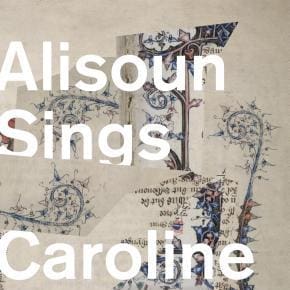
$15.59
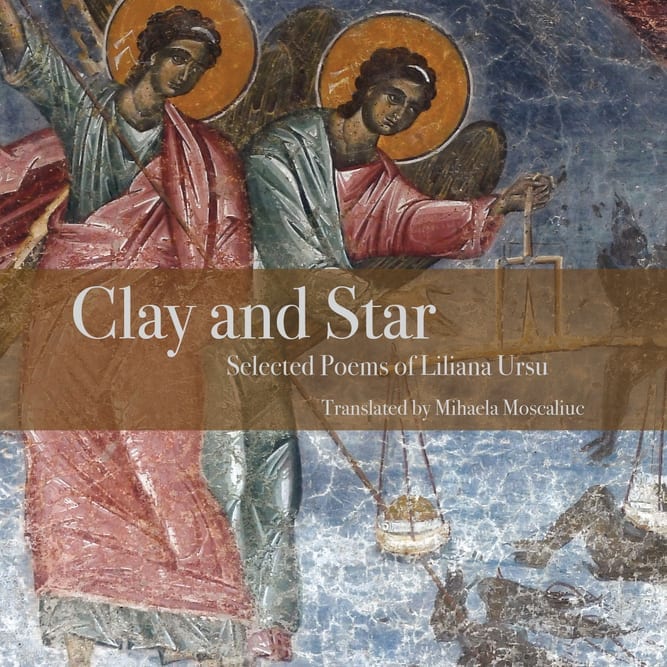
$15.64
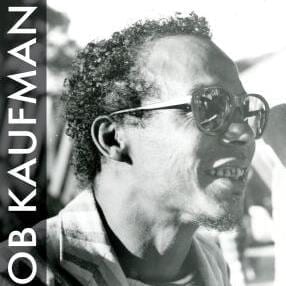
$18.35
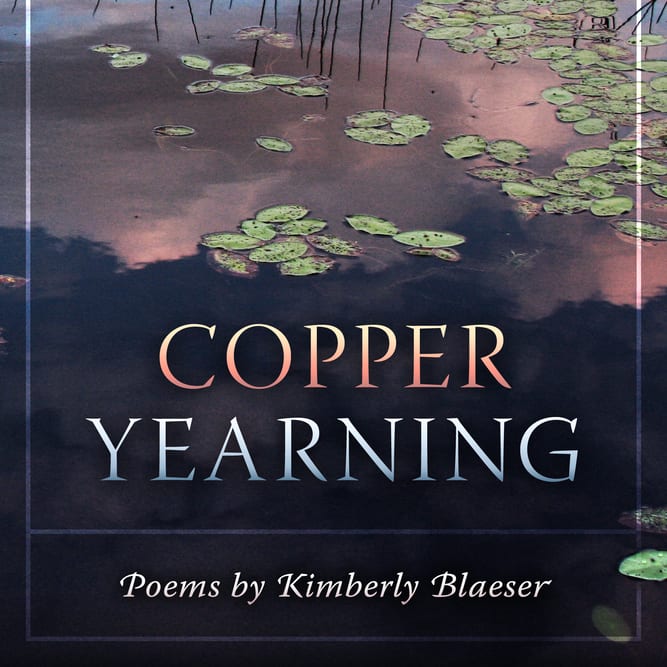
$16.56

$17.43
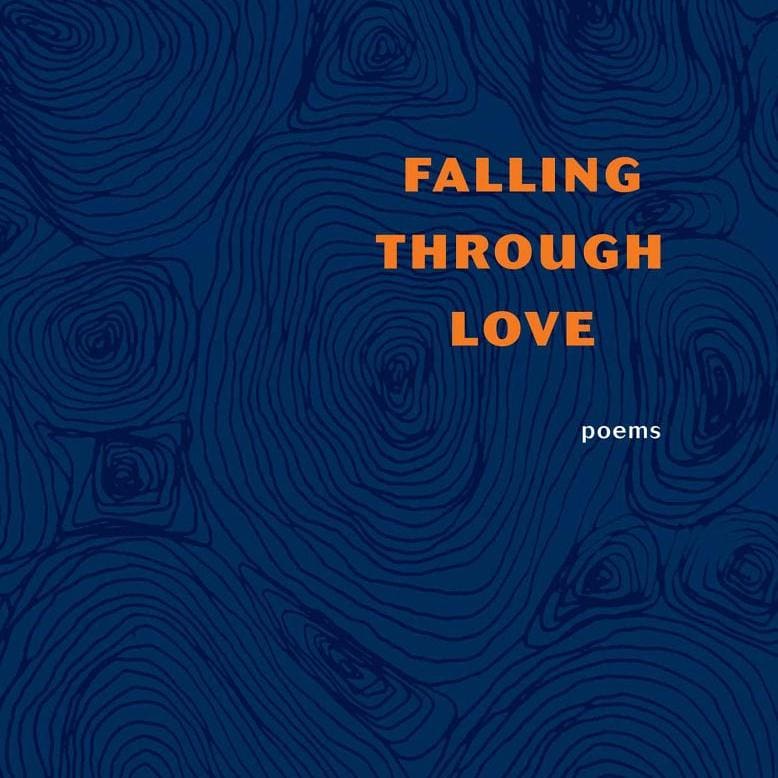
$13.79
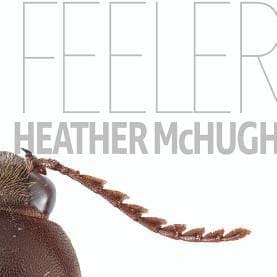
$9.20
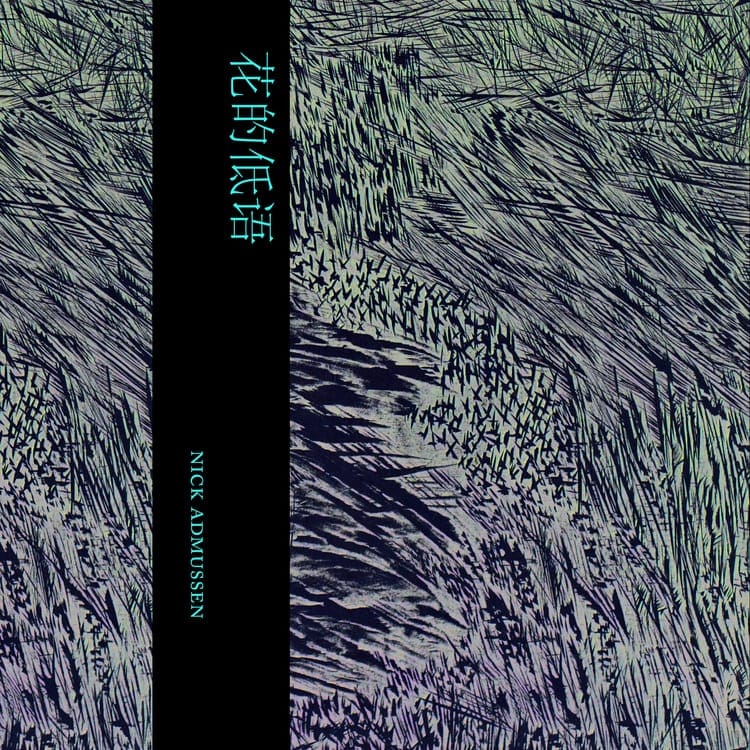
$13.80
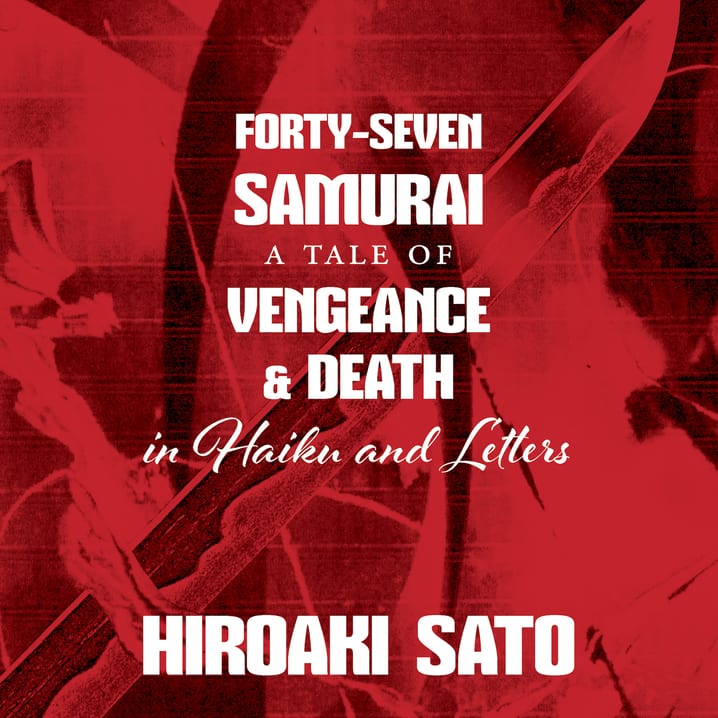
$18.35
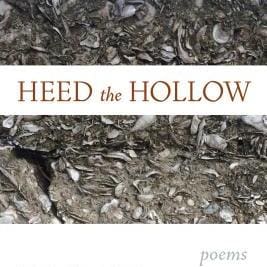
$14.72
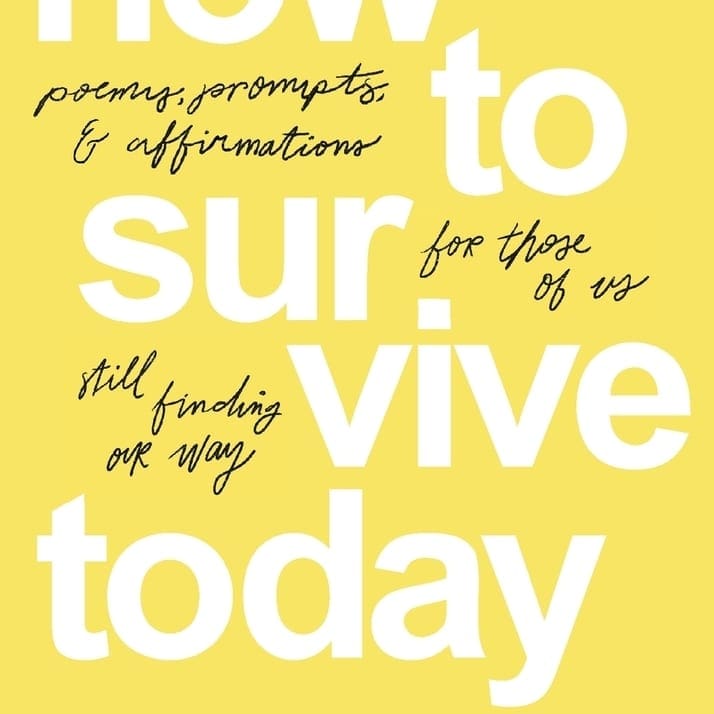
$15.95
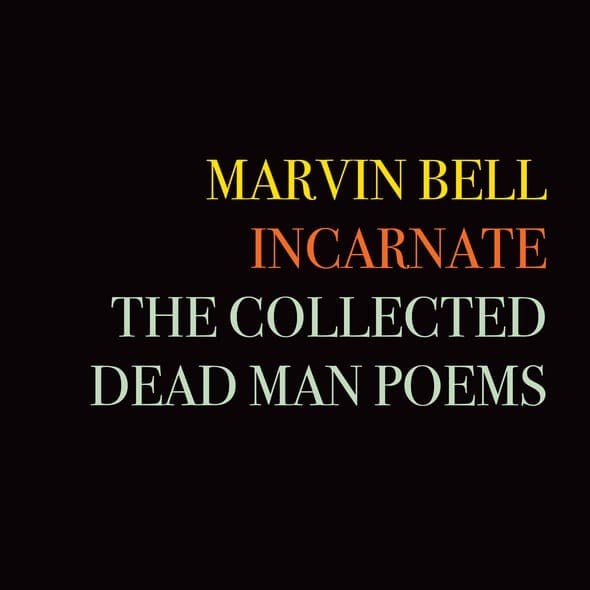
$21.60
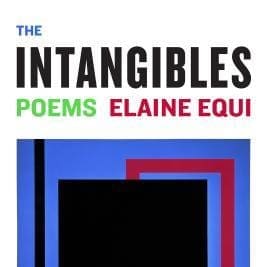
$15.59
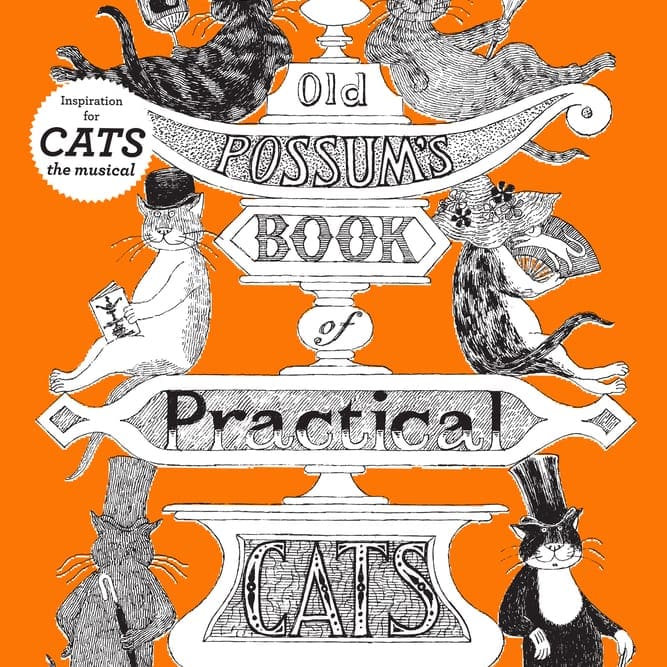
$14.72
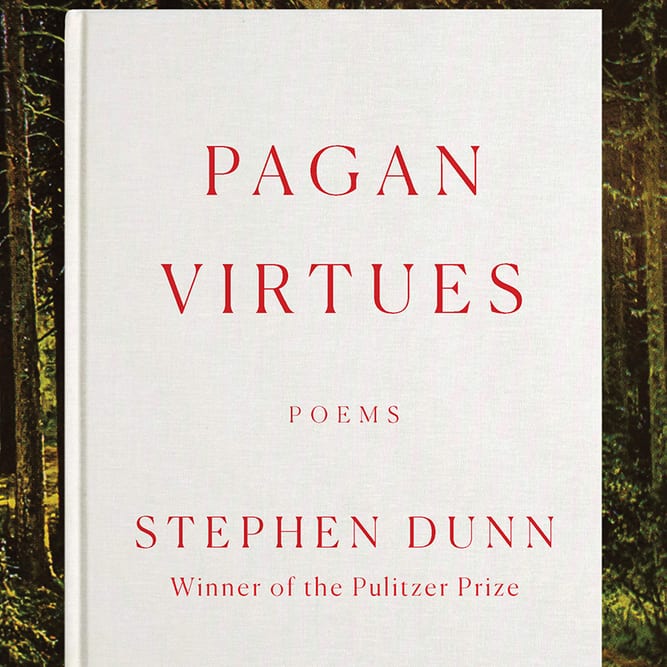
$24.26
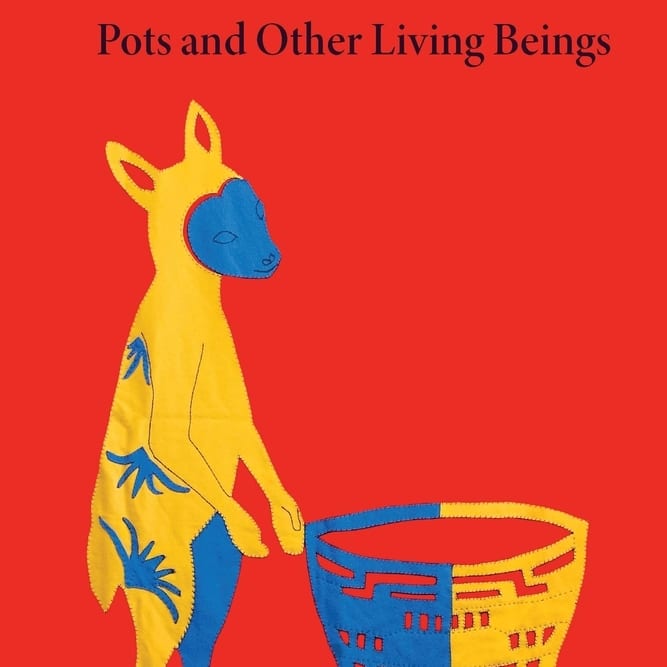
$18.35
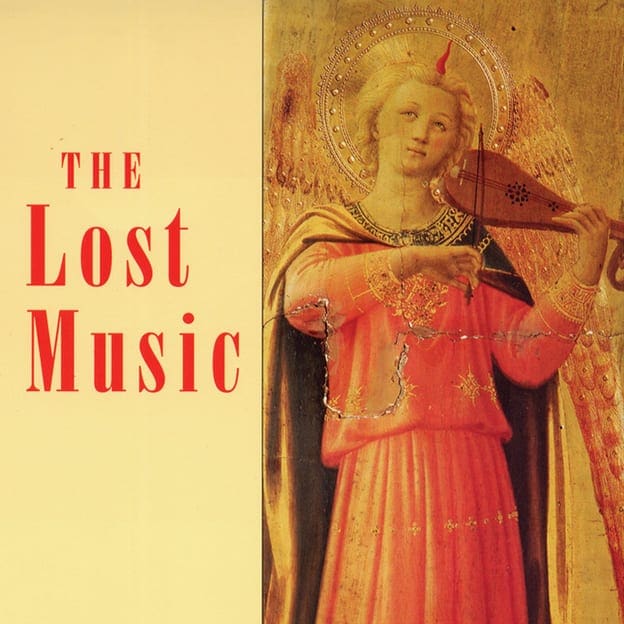
$15.59
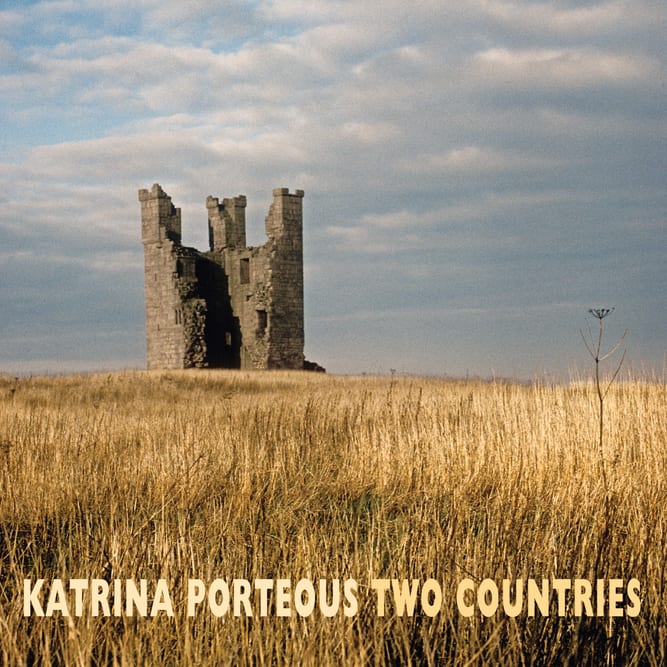
$17.43
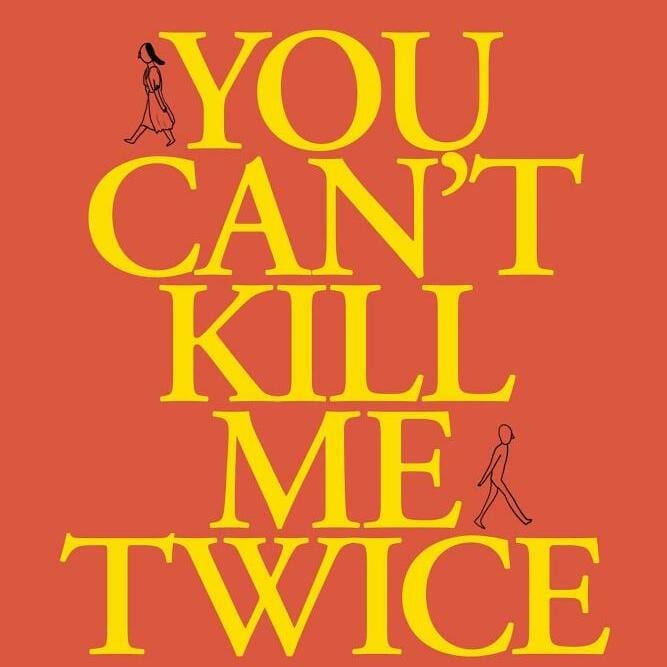
$13.79
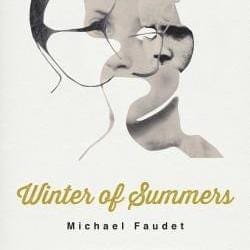
$15.63
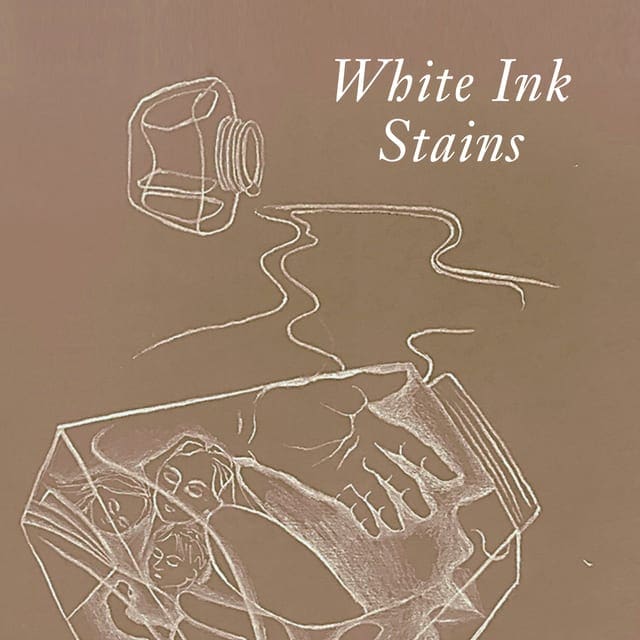
$14.67
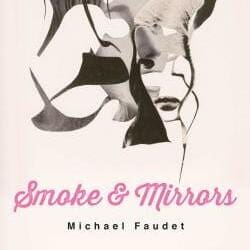
$15.63

$14.67
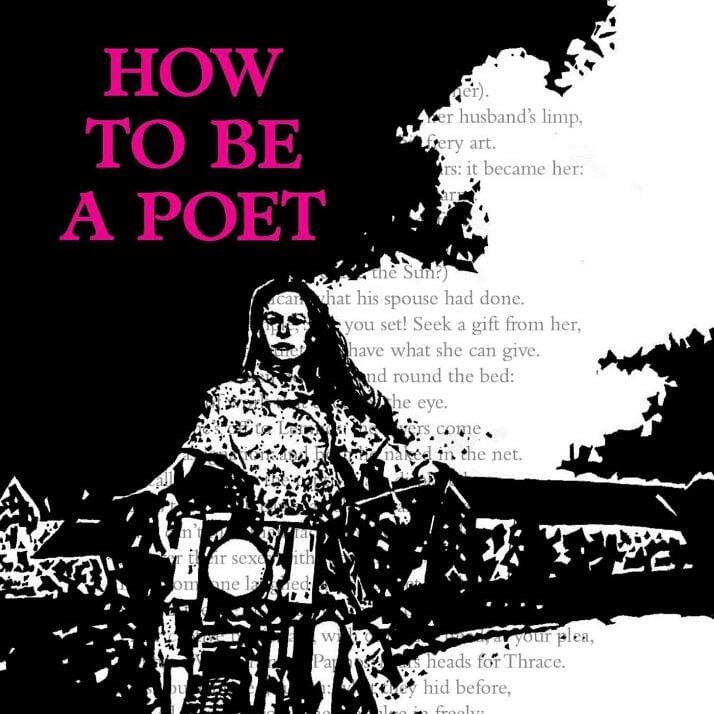
$13.79

$13.75

$14.95
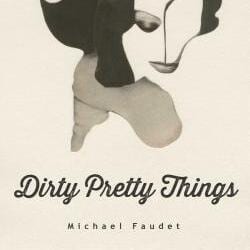
$15.63
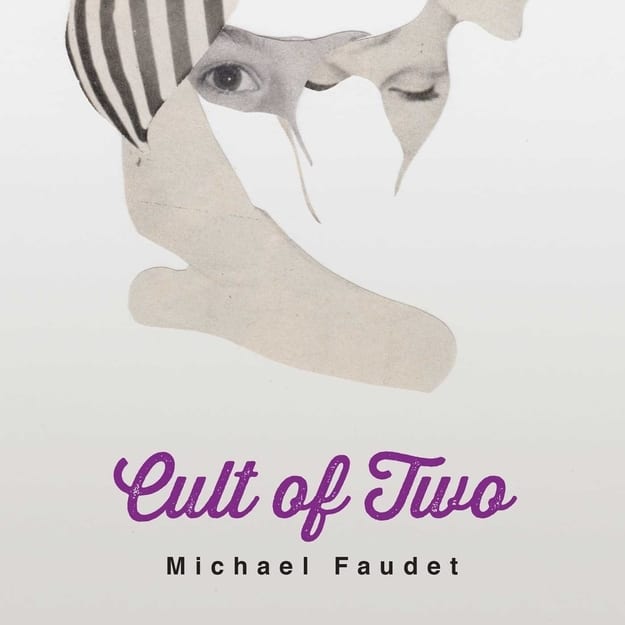
$15.63
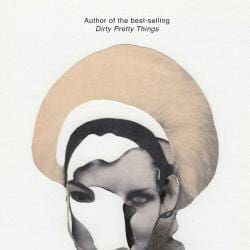
$15.63
